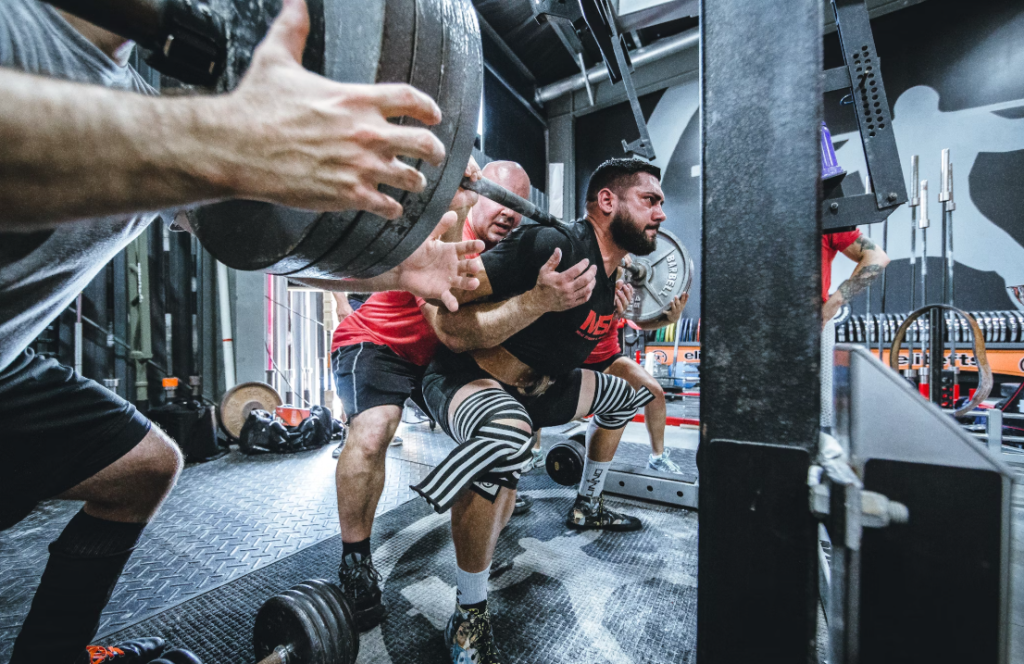Personal Trainers Exposed: Who Gets REAL Results?
Introduction
Let’s cut through the fluff: personal trainers are everywhere—on Instagram, in your gym, and maybe even on your TikTok feed. But here’s the burning question—who’s actually delivering results? If you’re investing time, money, and effort, don’t you deserve more than a glorified cheerleader?
In this article, we’re pulling back the curtain on the personal training industry to expose what really works, who’s walking the talk, and how you can separate the pros from the posers.
The Real Role of a Personal Trainer
What a Personal Trainer Should Be Doing
A personal trainer isn’t just there to count your reps or scream “one more!” at you like a drill sergeant. A great trainer is a coach, a strategist, and sometimes even a therapist. Their job is to tailor a program specifically for your goals, track your progress, and adjust as needed—not to apply a one-size-fits-all routine.
Common Misconceptions About Personal Trainers
Many people think hiring a trainer guarantees success. Wrong. Your trainer isn’t a magician. You can’t out-train a bad diet or a lazy lifestyle. The trainer is the guide—you still have to do the hiking.

Types of Personal Trainers
Certified vs. Non-Certified Trainers
Not all trainers are created equal. Certifications from reputable bodies like NASM, ACE, or NSCA show that the trainer understands human anatomy, physiology, and safe programming. No cert? That’s a red flag. Would you trust an unlicensed driver to take the wheel?
Online Coaches vs. In-Person Trainers
Online coaching can work, but it’s not for everyone. Some people need hands-on form correction and real-time feedback. Others thrive on flexible, remote support. The best? A hybrid approach.
Specialists vs. Generalists
A specialist in bodybuilding may not be the best fit if your goal is marathon prep. Choose someone whose background aligns with your specific goals. Want to shed fat post-pregnancy? A general fitness coach won’t cut it—you need someone who knows hormonal weight loss.

What Makes a Trainer Effective?
Education and Certifications
A strong academic and certification background signals a science-based approach. That means no BS like detox teas or “waist trainers.” Real knowledge leads to real results.
Communication and Empathy
You’re human, not a robot. A great trainer knows how to connect with you, motivate without judgment, and adjust based on your lifestyle and mood. It’s not just about reps and sets—it’s about relating.
Experience with Real Clients
Flashy Instagram posts don’t mean anything if the trainer hasn’t helped real people like you. Ask for case studies, testimonials, or before/after photos. Results speak louder than abs.

Red Flags: When a Trainer Isn’t Worth Your Time
Cookie-Cutter Programs
If you’re doing the same workout as everyone else, run. Your body, schedule, and goals are unique. You deserve a program that reflects that.
Lack of Progress Tracking
No tracking? No progress. Whether it’s body measurements, performance metrics, or even sleep quality, good trainers measure what matters.
Ignoring Nutrition Advice
Nutrition is at least 70% of the results game. Trainers who skip this part (or worse, give illegal or unsafe advice) are either unqualified or negligent.
Who Actually Gets Results With a Trainer?
Client Commitment vs. Trainer Competence
It’s a two-way street. Even the best trainer can’t fix inconsistency or self-sabotage. At the same time, even the most committed client will hit a wall with a clueless coach. Success happens at the intersection of accountability and expertise.
Success Stories: What They Have in Common
Look at any amazing transformation, and you’ll find a few constants: a custom plan, consistent effort, smart nutrition, and regular feedback. The trainer wasn’t just a guide—they were a partner in the journey.

How to Choose the Right Trainer for You
Questions to Ask Before Hiring
Here’s your cheat sheet:
- What’s your specialty?
- How do you track progress?
- Can you provide client testimonials?
- What certifications do you hold?
- What’s your philosophy on nutrition?
If they fumble those answers? Walk away.
Trial Sessions and Evaluations
Think of the first few sessions as an interview. Are they present and attentive? Are they adapting to your feedback? If not, you’ve got your answer.
Conclusion
Personal training can absolutely transform your body, mindset, and lifestyle—but only if you choose wisely. The difference between spinning your wheels and crushing your goals often comes down to one thing: the quality of the trainer and your commitment to the process.
Don’t fall for gimmicks, filters, or trendy workouts. Look for substance. Demand results. After all, you’re not just hiring a trainer—you’re investing in your future.
FAQs
Q1: Can I get results without a personal trainer?
Absolutely—but you’ll likely make faster, safer, and more targeted progress with the right trainer by your side.
Q2: How long should I work with a personal trainer?
It depends on your goals, but 3 to 6 months is a common timeframe to see solid results and learn self-sufficiency.
Q3: Are online personal trainers effective?
Yes—if you’re self-motivated and they offer personalized plans and regular check-ins.
Q4: What’s the average cost of a good trainer?
Anywhere from $50 to $150 per session depending on experience, location, and specialty.
Q5: How do I avoid fake trainers on social media?
Look beyond aesthetics. Verify certifications, ask for testimonials, and watch for generic advice. Real trainers focus on you, not just their own physique.










Post Comment